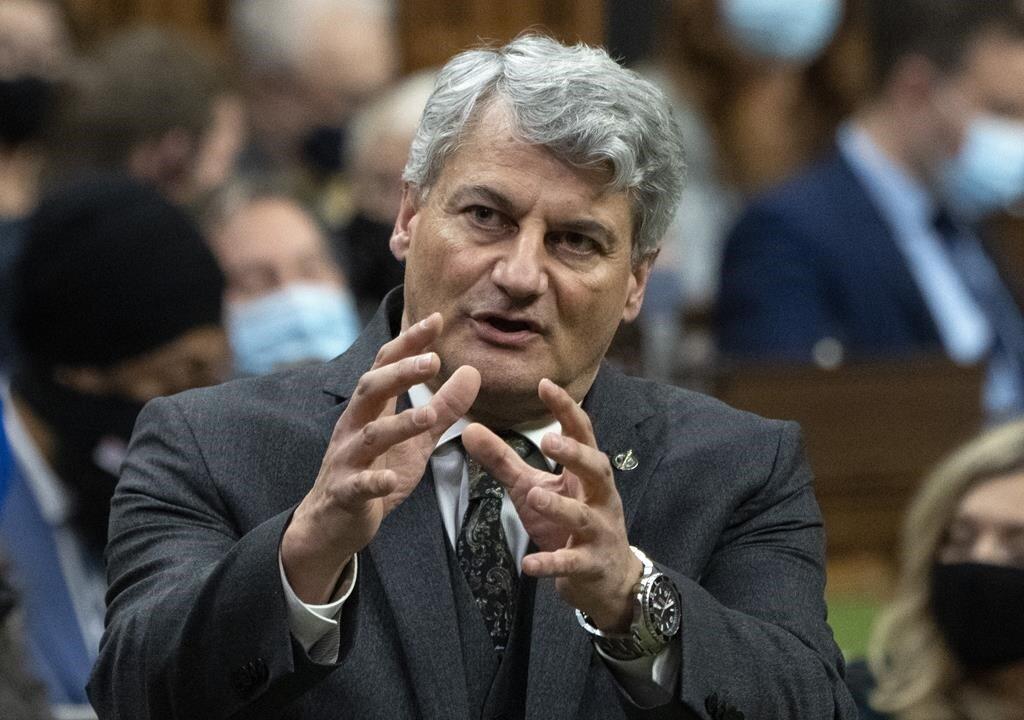OTTAWA—The Conservatives have rejected a proposed compromise to resolve a long−running dispute over the disclosure of secret documents related to the firing of two scientists at Canada’s highest security laboratory.
Conservative House leader Gerard Deltell said Wednesday the government’s proposal is “months late.”





